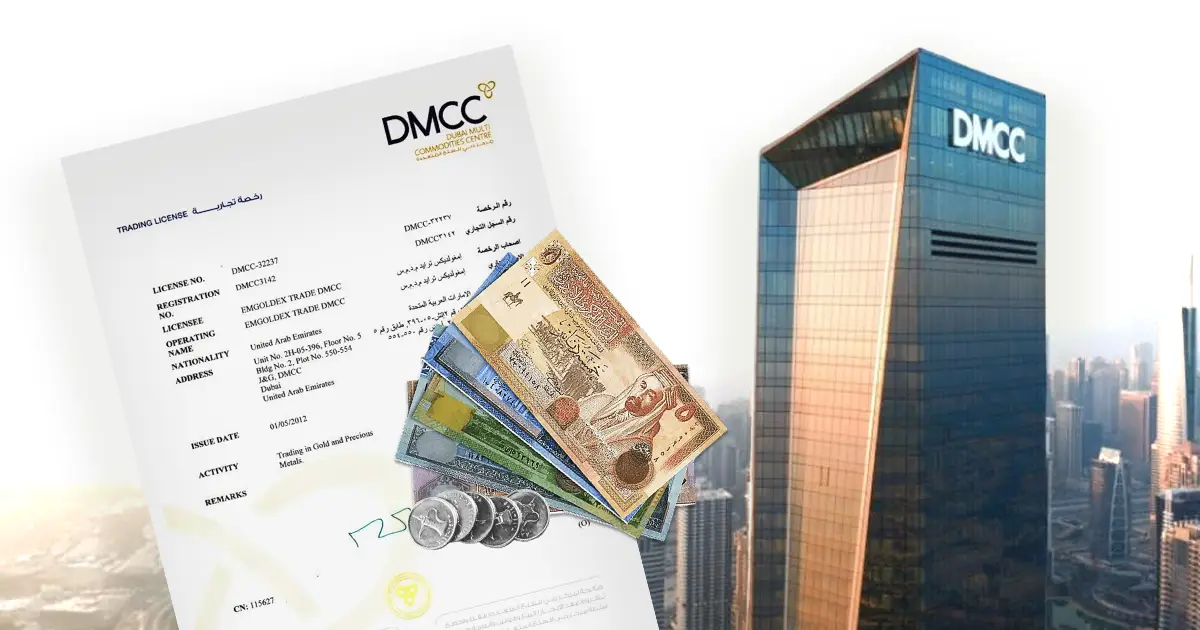The UAE offers a highly attractive tax environment for sole proprietors. Most business activities face no personal income tax, allowing entrepreneurs to retain more profits. However, certain taxes still apply depending on business size, turnover, or sector. Key considerations include:
- Value Added Tax (VAT): Applies to businesses exceeding the registration threshold.
- Corporate Tax: Introduced for businesses with profits above the prescribed limits.
- Municipal and Licensing Fees: Charged by local authorities for business operations and licenses.
This framework keeps the UAE favorable for small and medium enterprises while ensuring compliance for larger or taxable activities.
1. Value Added Tax (VAT) for Sole Proprietors
VAT applies to businesses that meet the annual turnover threshold of AED 375,000. Sole proprietors must register for VAT if their taxable supplies exceed this limit.
- How VAT is Calculated: VAT is charged at 5% on goods and services. Input VAT can be deducted from output VAT, and returns must be filed regularly.
- Filing Process: VAT returns are submitted online through the Federal Tax Authority (FTA) portal. Businesses must maintain proper invoices and records.
- Examples of Applicability: Retail sales, consultancy services, online services, and other commercial activities involving taxable goods or services.
2. Corporate Tax Considerations
The UAE corporate tax applies to businesses with profits exceeding AED 375,000 per year. Sole proprietors operating at larger scales must register for corporate tax.
- Who is Liable: Only businesses above the profit threshold must pay corporate tax. Small businesses and startups below the limit remain exempt.
- Profits Taxed: Net profits from business activities are subject to the standard corporate tax rate.
- Exemptions: Certain sectors, such as government-approved investment zones, small businesses under the threshold, and qualifying activities, may be exempt from corporate tax.
3. Municipal and Licensing Fees
Sole proprietors must also account for local fees and licenses, which vary depending on the emirate and business activity. These fees ensure compliance with municipal regulations and the legal operation of the business.
- Trade License Fees: Annual cost depending on activity and emirate, required to maintain legal operations.
- Municipality/Local Fees: Covers utilities, signage, and local permits. Costs vary by location.
4. Other Applicable Charges
Operating a sole proprietorship in the UAE involves certain mandatory fees beyond income or corporate tax. Being aware of these charges helps plan finances efficiently and avoid surprises.
Below is a clear breakdown of VAT, corporate tax, and other common fees for UAE sole proprietors:
| Fee / Charge | Estimated Cost | When Applicable | Description |
|---|
| Annual Business Renewal Fees |
AED 1,000-AED 5,000+ per year |
Required for sole proprietorship business license and registration maintenance |
Paid yearly to keep the business legally operational. |
| Industry-Specific Activities |
Varies based on activity |
Applies to regulated sectors |
Fees for professional certifications, inspections, or regulatory approvals specific to certain industries |
| Other Regulatory Fees |
Varies based on activity |
Industry-Specific |
May include professional certification, inspection, or registration charges |
Note: Costs vary based on emirate, business activity, and Free Zone vs Mainland registration. Proper planning ensures compliance while minimizing unnecessary expenses.





